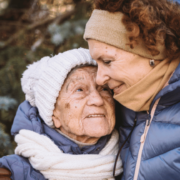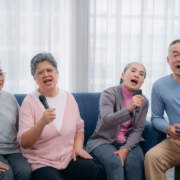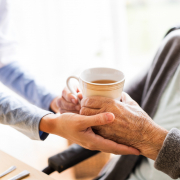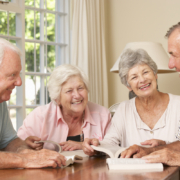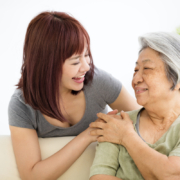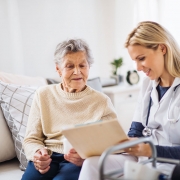How Personal Care Services Improve Seniors’ Quality of Life
As seniors age, maintaining independence while staying healthy and happy becomes increasingly essential. Personal care services play a vital role in improving the quality of life for seniors by providing compassionate support with daily activities such as bathing, grooming, and mobility assistance. These services do more than just meet physical needs, they help preserve dignity, promote well-being, and foster emotional fulfillment. At River Oaks Home Care, we understand the value of personal care services and how they empower seniors to live comfortably in their own home.
Preserving Dignity Through Compassionate Care
One of the most significant benefits of personal care services is the preservation of a senior’s dignity. Tasks like bathing and grooming can become challenging, and for many older adults, needing help with these intimate activities can feel embarrassing or overwhelming. Our trained caregivers approach each task with respect and sensitivity, ensuring that seniors feel comfortable and valued. By maintaining personal hygiene and a well-groomed appearance, seniors experience a boost in self-esteem and a sense of pride in their daily lives.
Supporting Physical Health with Daily Assistance
Personal care services also have a direct impact on physical health. Regular bathing helps prevent infections and skin conditions, while proper grooming reduces the risk of complications such as ingrown nails or dental issues. Mobility assistance is crucial for preventing falls and maintaining physical strength. At River Oaks Home Care, our caregivers are trained to provide safe and supportive mobility help, ensuring that seniors stay active and engaged without fear of injury. These essential services contribute to overall health, reducing hospital visits and supporting long-term wellness.
Enhancing Emotional Well-Being and Happiness
Beyond physical care, personal care services offer emotional and social benefits that enhance a senior’s happiness. Having a dependable caregiver fosters a sense of security and companionship. Many seniors face feelings of loneliness or isolation, especially if they live alone or are far from family. The daily interactions provided by personal care services bring comfort, meaningful conversation, and emotional support. This connection is key to reducing stress and promoting a more positive outlook on life.
River Oaks Home Care: Dedicated to Your Loved Ones’ Quality of Life
At River Oaks Home Care, we are committed to delivering high-quality personal care services tailored to each senior’s unique needs. Our compassionate caregivers offer reliable support with bathing, grooming, and mobility. We proudly serve families throughout Montgomery County, Bucks County, Chester County, and Delaware County, PA. If you are looking for trusted personal care services for your loved one, contact us to learn how we can help them live with dignity, health, and happiness.


